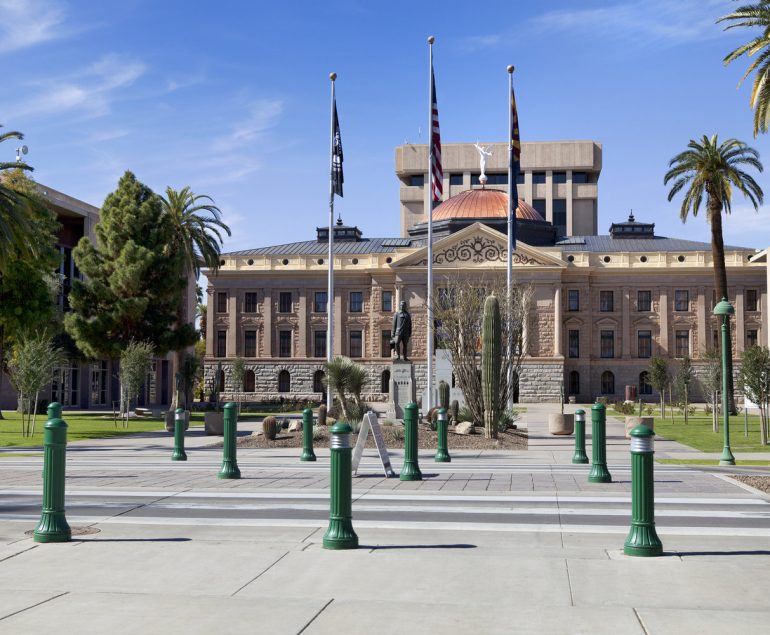Asks DEA to Look into Rescheduling Marijuana’s Classification Under the Controlled Substances Act
Last week President Biden promised to use his executive authority to overhaul the way the federal government enforces marijuana possession laws and promised to pardon folks who have been previously convicted of possession of small amounts of marijuana under federal law.
The most immediate action appears to be pardoning prior federal offenses of simple marijuana possession. While most marijuana possession convictions are under state law, there are about 6,500 people with prior federal convictions for marijuana possession between 1992 and 2021 who may be denied housing, employment, or educational opportunities as a result.
This pardon will help relieve those collateral consequences. Biden asked his Attorney General Garland to develop the administrative process to issue the certificates of pardon.
The vast majority of marijuana convictions are at the state level. See: Expunging Cannabis Possession Convictions Made Easier in AZ
The president also asked the Drug Enforcement Administration to investigate rescheduling marijuana under the Controlled Substances Act. Congress passed the Controlled Substances Act decades ago – but left most of the details to the DEA, Justice Department, and HHS.
Those agencies have classified marijuana under ‘Schedule 1’ – the most restrictive category along with heroin and LSD. Marijuana is even classed higher than fentanyl, methamphetamine, and cocaine – drugs that do more public health damage than marijuana.
Schedule 1 and 2 drugs face the strictest regulations because they are considered to have no medical use. Schedule 1 drugs are effectively illegal for anything outside of research, and schedule 2 drugs can be used for limited medical purposes with the DEA’s approval because they are still considered to have a ‘high potential for abuse’. At Schedule 3 and beyond, both the FDA and DEA play a role in regulating the drug.
Here’s how the reclassification process will work. The Drug Enforcement Administration will officially ask HHS to review the medical and scientific evidence about marijuana’s scheduling. HHS will evaluate the drug based on 8 factors including its potential for abuse, the scientific evidence for a drug’s pharmacological effects, and the scientific evidence for a drug’s medical use.
HHS will then make a recommendation to the DEA, who will make the decision about whether and how to change the scheduling of marijuana.
Let’s imagine that DEA ends up changing marijuana to Schedule 2 or 3, and the FDA begins to have some authority to regulate marijuana. You might thing that rescheduling marijuana would have a big impact on enforcement of marijuana laws – either nationally or at the state level… but you’d be wrong because FDA approval or lack thereof has no bearing on the administration’s enforcement discretion.
Rescheduling would make it much easier to do research on marijuana, but rescheduling would really have little to no impact on enforcement of existing marijuana possession or trafficking laws at either the state or federal level and would have little effect on state regulation of medical or retail marijuana.
For a deeper dive visit: Clearing Up Misconceptions about Marijuana Rescheduling
Some examples of the drugs that are on each schedule:
- Schedule 1: marijuana, heroin, LSD, ecstasy, and magic mushrooms
- Schedule 2: cocaine, meth, oxycodone, Adderall, Ritalin, and Vicodin
- Schedule 3: Tylenol with codeine, ketamine, anabolic steroids
- Schedule 4: Xanax, Soma, Darvocet, Valium, and Ambien
- Schedule 5: Robitussin AC, Lomotil, Motofen, Lyrica, and Parepectolin

